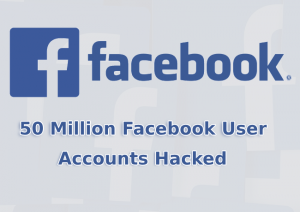In late September, the social media behemoth Facebook told the World Wide Web that about 50 million accounts had suffered a security breach. Hackers had stolen password tokens for signing into Spotify, Instagram, Yelp and thousands of other third-party applications.
Facebook automatically logged out the 50 million users directly affected and another 40 million who might have been implicated, and the company said that passwords weren’t compromised. But the incident serves as a warning to all who have multiple passwords across the various sites and accounts they use—in other words, virtually everyone in the First World, and certainly business owners—to take this opportunity to better manage account security.
 Chicago Business Attorney Blog
Chicago Business Attorney Blog









